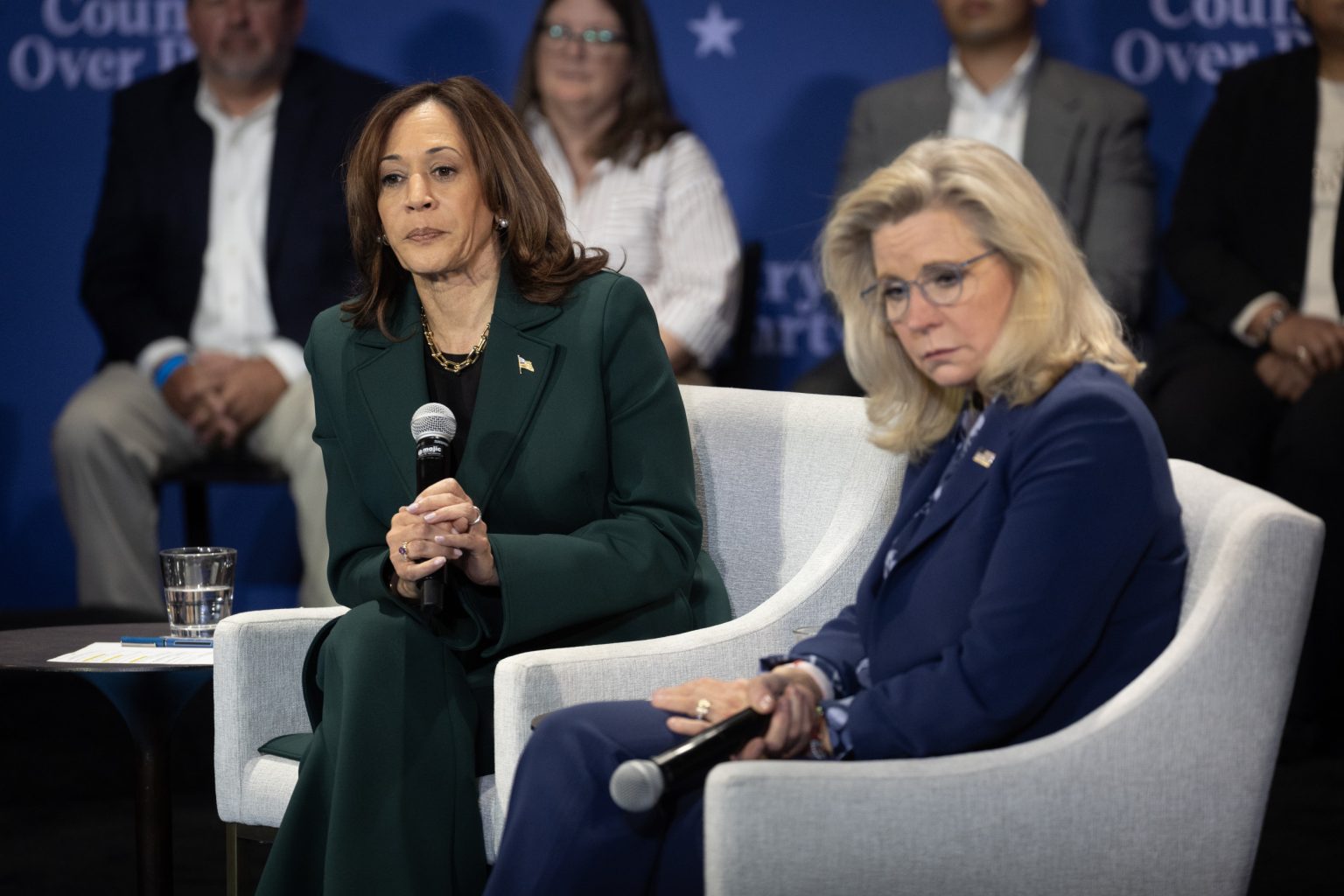Vice President Kamala Harris has been making a series of media appearances as part of her final push before Election Day to connect with voters who may still be undecided. These appearances have included interviews with networks such as CNN, Telemundo, NBC News, and Fox News, as well as an appearance on The Breakfast Club radio show. The goal of these appearances is to reach out to undecided voters and convince them to cast their ballots for her, in the limited time she has had to introduce herself to the public.
During a town hall on CNN in Pennsylvania, Harris answered a range of questions from voters, touching on topics such as immigration and democracy. She also shared personal anecdotes, such as the grief she felt when her mother passed away from cancer, and the support she received from her pastor when President Joe Biden ended his presidential bid. Two of the five undecided voters interviewed after the town hall stated that they would now vote for Harris, indicating that her personal stories and policy positions resonated with them.
Harris had a similar response from swing voters during a recent interview with Fox News host Bret Baier. Impact Social, an online monitoring and analysis company, reported that 20 percent of swing voters watching the interview had a positive impression of Harris, while 30 percent had a negative view and 50 percent were neutral. This increase in positive perception is seen as a strategic move by Harris to reach out to voters who may have been influenced by former President Donald Trump’s presence on Fox News in the past.
Imani Cheer, an associate professor and interim senior associate provost at George Washington University, believes that Harris’ media appearances are crucial in this condensed campaign season where she has had less than 90 days to introduce herself to voters. By speaking to a diverse range of audiences, including Spanish-speaking voters, Black men, and undecided Republicans, Harris is attempting to shift undecided voters towards supporting her. Cheer emphasizes the importance of these efforts in the final weeks leading up to Election Day, as Harris works to secure votes in a highly competitive political environment.
Overall, Harris’ media blitz in the final stages of the campaign is focused on engaging with a wide range of voters and convincing them to cast their ballots for her. By sharing personal anecdotes and responding to tough policy questions, Harris is working to build connections with undecided voters who may determine the outcome of the election. With limited time to make her case to the public, Harris is leveraging the power of the media to reach as many voters as possible and secure their support before Election Day arrives.


